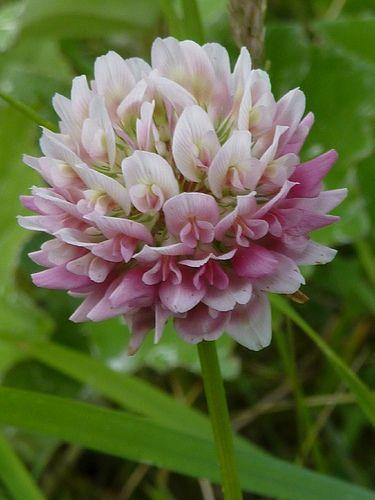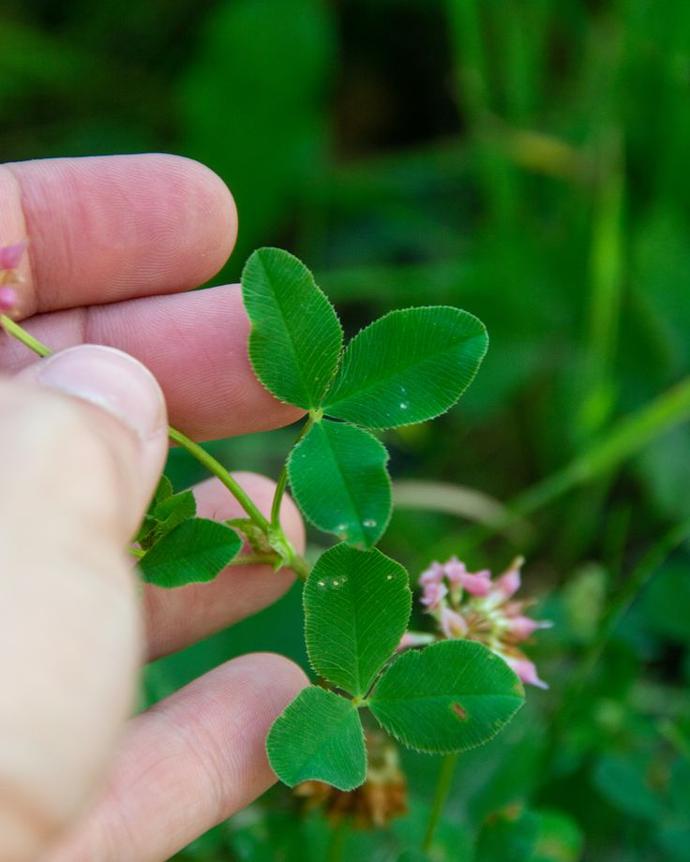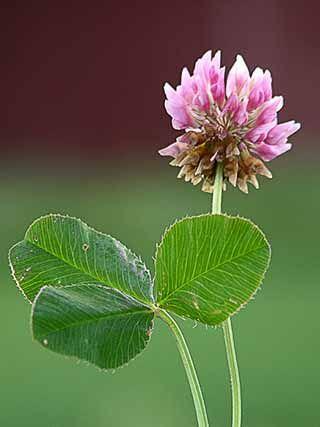Alsike Clover
|

Habit
Herb
Height
1-2 Ft
Growth
Moderate
Soil
Well Drained
Shade
Full Sun
Moisture
Moderate
Edible
Yes
Medicinal
Yes
Origin
Europe
Climatic Condition
Temperate
Temperature (°)
15-25
Humidity (%)
60-70%
Potting media
Loamy
Fertilizers
Balanced NPK(10:10:10)
Watering
Regular Water
Plant Weight
10-15 g
Flowering Time
Spring to Summer
Soil Ph level
6.0-7.0
Water Ph level
6.5-7.0
Soil EC
1.0 dS/m
Yield Per Plant
500-700 g per plant
NPK ratio
10:10:10
life Span
1-2 yrs
Health Benefits
Suggested Grow Media or Potting Mix ?
| 50% compost, 25% peat moss, 25% sand |
Suggested Fertigation/Fertilizers
| Fertilize every 6 weeks with balanced fertilizer. |
Common Diseases and Remedies
Leaf Spot, Anthracnose, Root Rot, Leaf Blight.
Yellowing and wilting of leaves, Yellow to brown spots on leaves, stunted growth.
Crop rotation, neem cake as soil amendment, Spray Neem Oil, Use Resistant Varieties.
HEALTH BENEFITS
lsike clover (Trifolium hybridum) is a leguminous plant that is often used in forage and pasture management. While it is not as commonly used for medicinal purposes as some other clovers, it does have some potential health benefits, though they may not be as well-established or studied as other herbs. Here are a few aspects related to Alsike clover:
- Rich in Nutrients: Like other clovers, Alsike clover can be a good source of vitamins, minerals, and fiber. It may contain nutrients like calcium, potassium, and magnesium, which are beneficial for bone health, muscle function, and overall well-being.
- Source of Isoflavones: Some species of clover, particularly red clover, contain phytoestrogens like isoflavones, which can help balance hormones. While Alsike clover hasn't been as widely studied, it may also contain these compounds, though their effects are less understood in this variety.
- Forage for Livestock: Alsike clover is more commonly used as a forage crop for livestock, and its benefits primarily extend to animal health, contributing to nutrition and supporting healthy growth.
- Potential Anti-inflammatory Effects: Leguminous plants like clover are sometimes thought to have mild anti-inflammatory effects due to the presence of various bioactive compounds. However, specific studies on Alsike clover are limited.
Important Note: Alsike clover can be toxic to some livestock, particularly horses, if consumed in large amounts, leading to a condition known as "Alsike clover poisoning," which causes liver damage. It’s not recommended for use in herbal medicine without proper guidance from a healthcare provider, especially for individuals with liver conditions.
Always consult with a healthcare professional before using any clover or herbal product for medicinal purposes.

